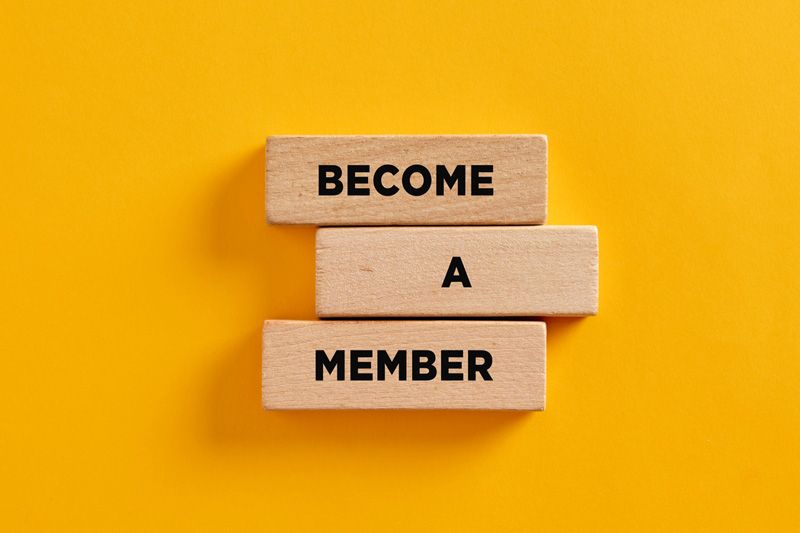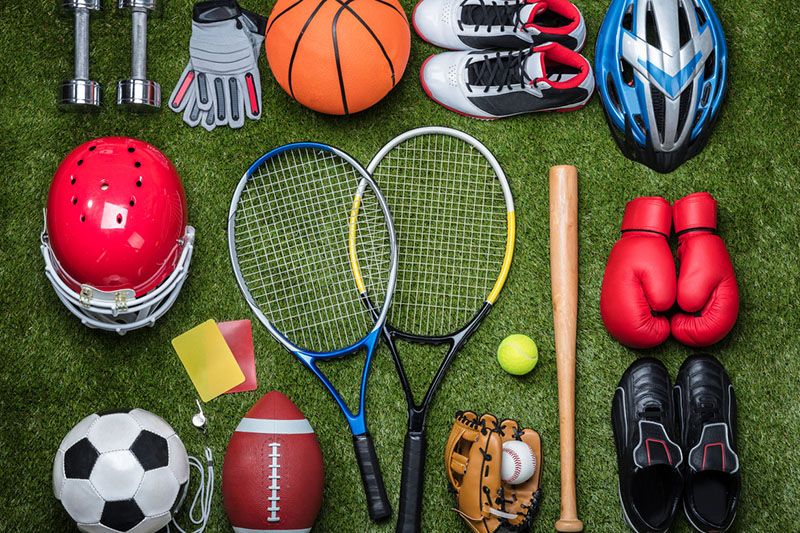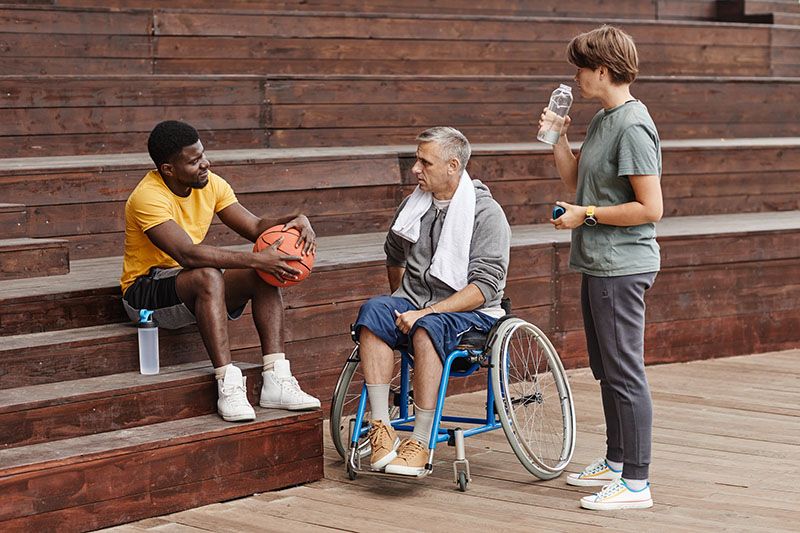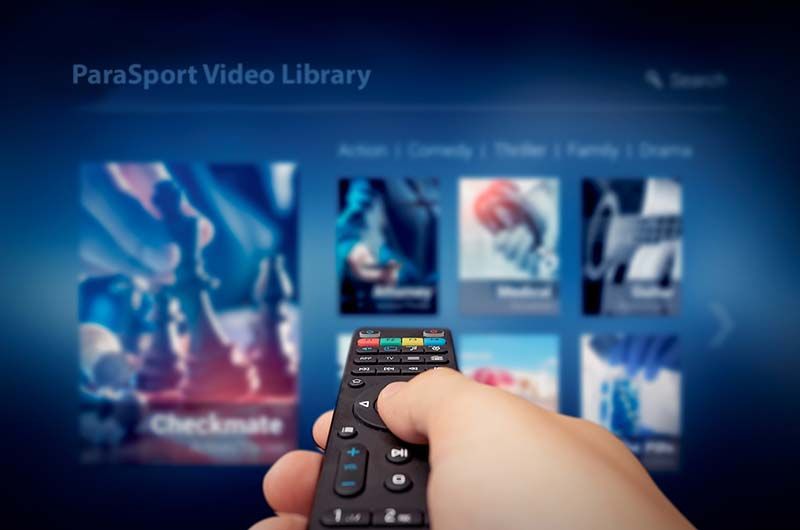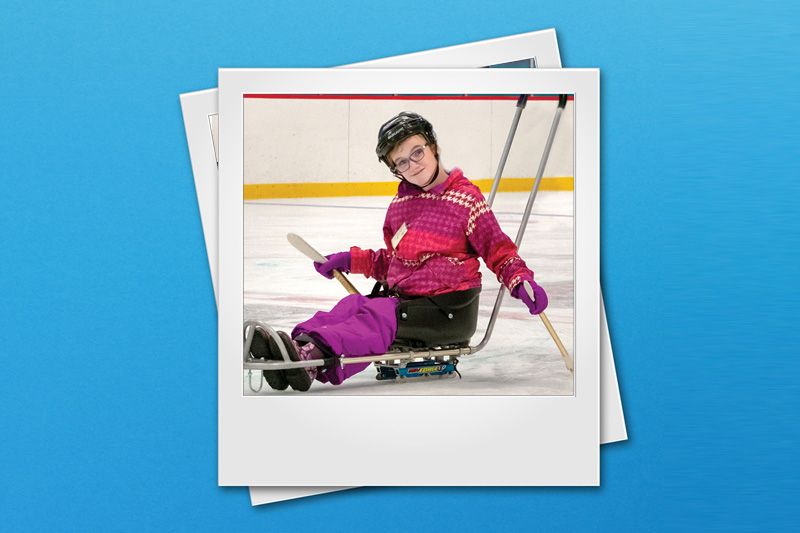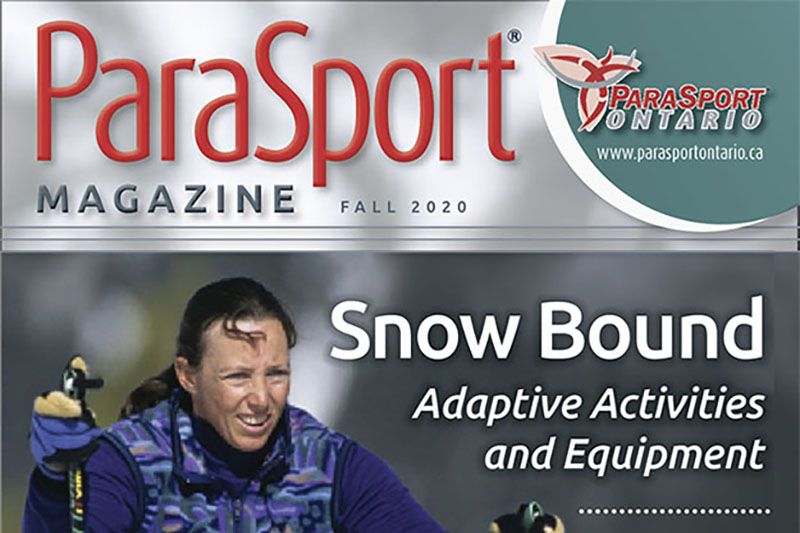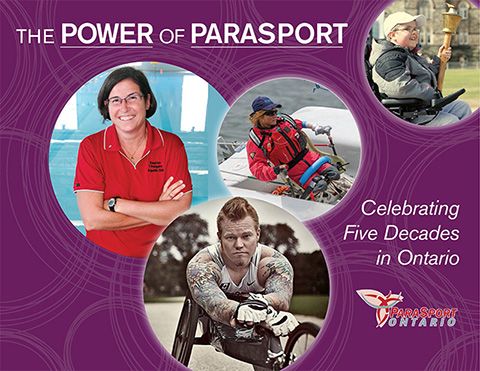Get Involved
Go Back
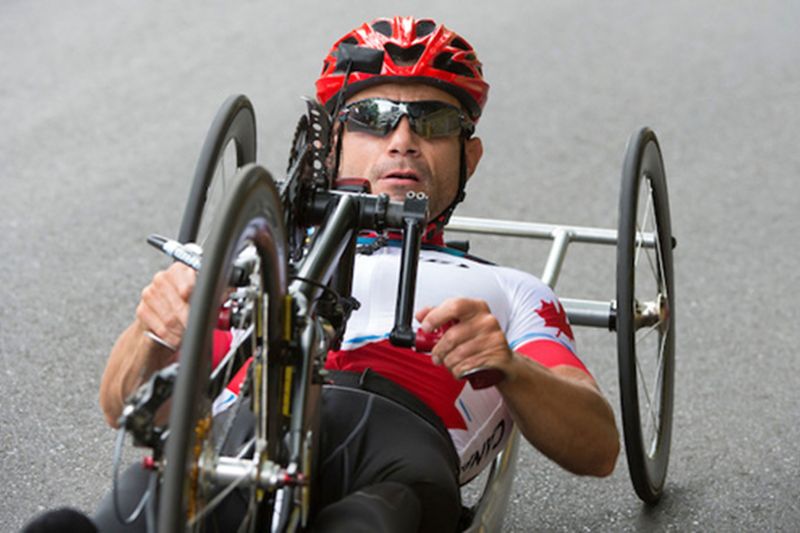
Athletes
Interested in taking up a sport?
Check out Sports and Clubs to find the parasport(s) for you.
If you've already found the sport, or sports, that you're interested in playing, check out our lists of clubs to find a team or program in your community.
Check out Sports and Clubs to find the parasport(s) for you.
If you've already found the sport, or sports, that you're interested in playing, check out our lists of clubs to find a team or program in your community.
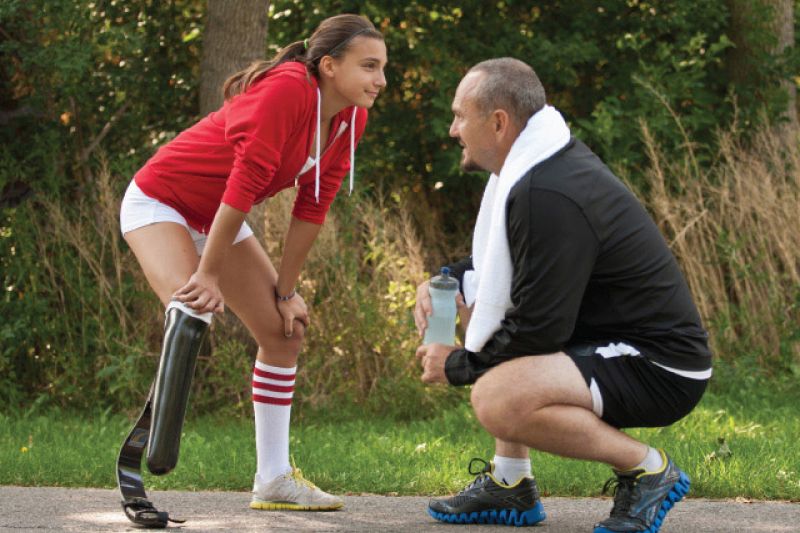
Coaches
Becoming a coach for athletes with a disability generally does not require any special skills. Just like coaching any sport, all you need to start is passion, motivation and perhaps some patience.
As parasport and the awareness of inclusion continue to grow, there becomes a greater need for coaching at all levels. For resources, modules and certifications contact the Coaches Association of Ontario.
As parasport and the awareness of inclusion continue to grow, there becomes a greater need for coaching at all levels. For resources, modules and certifications contact the Coaches Association of Ontario.
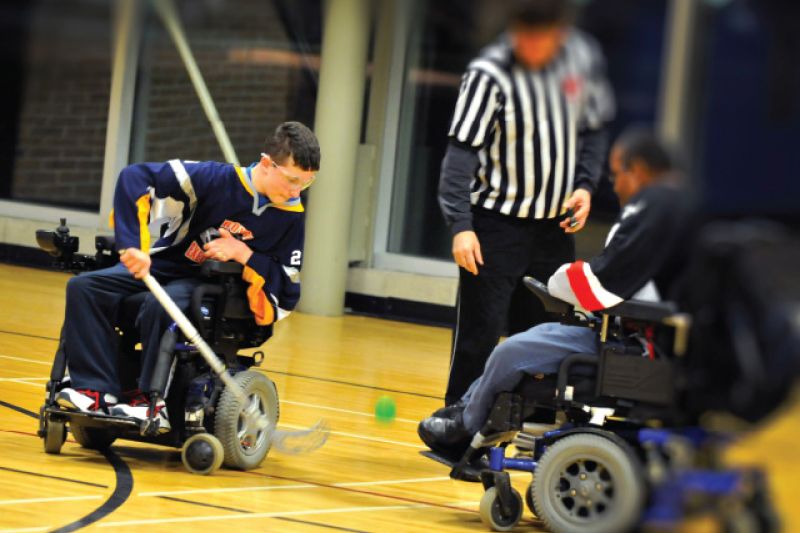
Officials
Becoming an official or referee in parasport requires knowledge of the rules and regulations of course.
To join the parasport family as an official or referee, contact the provincial or multi-sport organization that represents the sport you're interested in (i.e. Swim Ontario, Soccer Ontario, Ontario Blind Sports Associatio, etc.) for more information on certification.
To join the parasport family as an official or referee, contact the provincial or multi-sport organization that represents the sport you're interested in (i.e. Swim Ontario, Soccer Ontario, Ontario Blind Sports Associatio, etc.) for more information on certification.
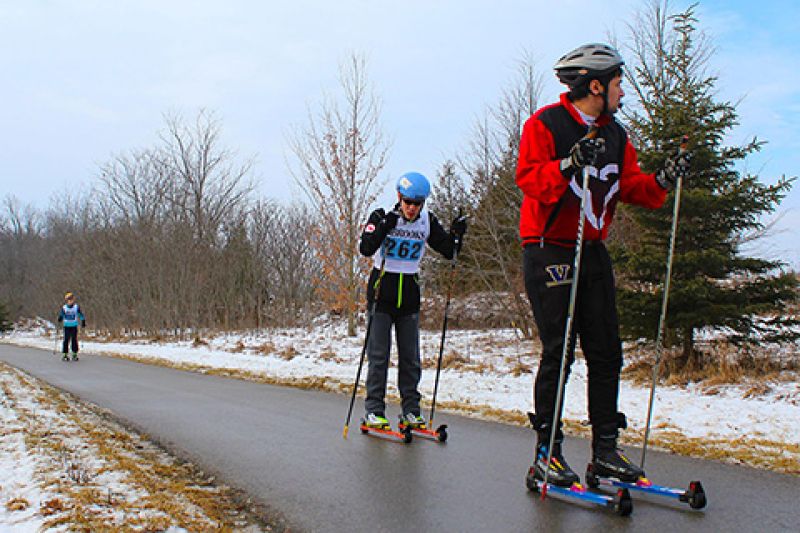
Guides
Many athletes who are blind or have visual impairments rely on the aid of guides to participate or compete.
Being a guide can mean helping a friend as a recreational runner/skier, or supporting an elite-level athlete. The guide runs/skis at the side or ahead of the athlete, connected by a tether or over a radio system, depending on the sport.
Being a guide can mean helping a friend as a recreational runner/skier, or supporting an elite-level athlete. The guide runs/skis at the side or ahead of the athlete, connected by a tether or over a radio system, depending on the sport.
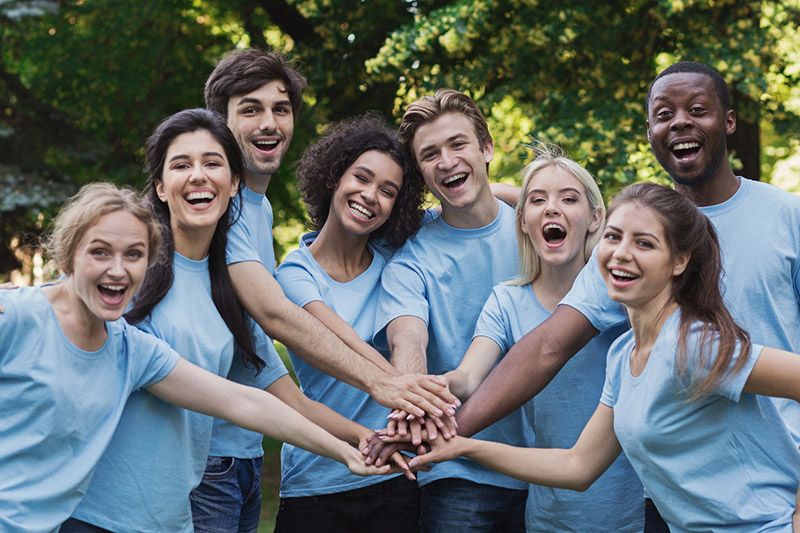
Volunteers
Sport clubs often rely heavily on volunteers for a contribution of time and skills.
Aside from helping out directly with practices or games, other less sport-related volunteer roles can include committee roles, such as a treasurer, secretary, team manager or in the important area of fundraising. These roles are ideal for those who are interested in helping out but might not have an athletic inclination or the time to commit to scheduled practices.
Aside from helping out directly with practices or games, other less sport-related volunteer roles can include committee roles, such as a treasurer, secretary, team manager or in the important area of fundraising. These roles are ideal for those who are interested in helping out but might not have an athletic inclination or the time to commit to scheduled practices.
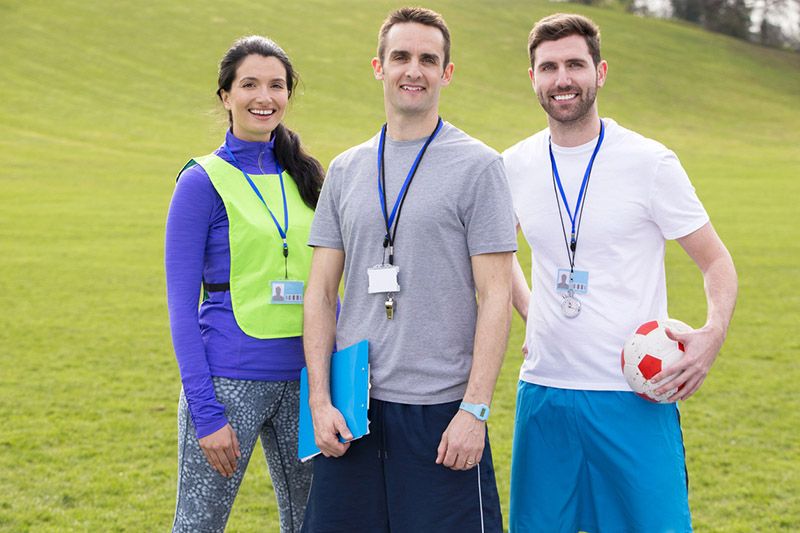
Classifiers
Traditionally, athletes belong to six different disability groups in the Paralympic program: amputee, cerebral palsy, visual impairment, spinal cord injuries, intellectual disability, and a group of athletes with other disabilities (les autres).
Classes are determined by a variety of processes that include a physical and technical assessment, and observation in and out of competition, by classifiers. The classes are defined by each sport and form part of the sport rules.
Classes are determined by a variety of processes that include a physical and technical assessment, and observation in and out of competition, by classifiers. The classes are defined by each sport and form part of the sport rules.
ParaSport® Sponsors
 How to resolve AdBlock issue?
How to resolve AdBlock issue? Action 1: Action 1: You are using adblocker. Please support us by whitelisting this domain - https://parasportontario.ca/
